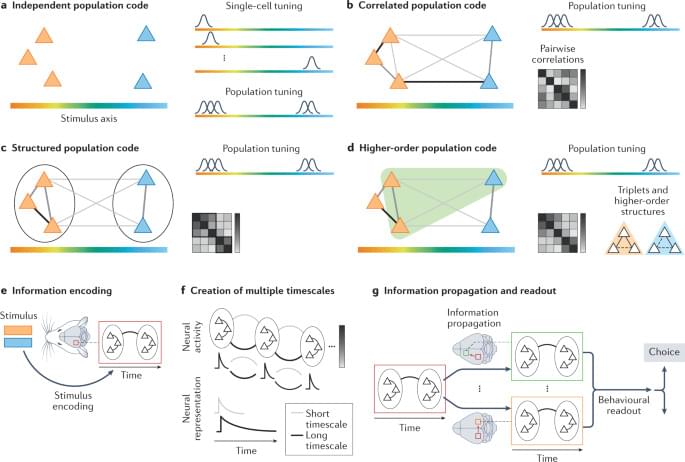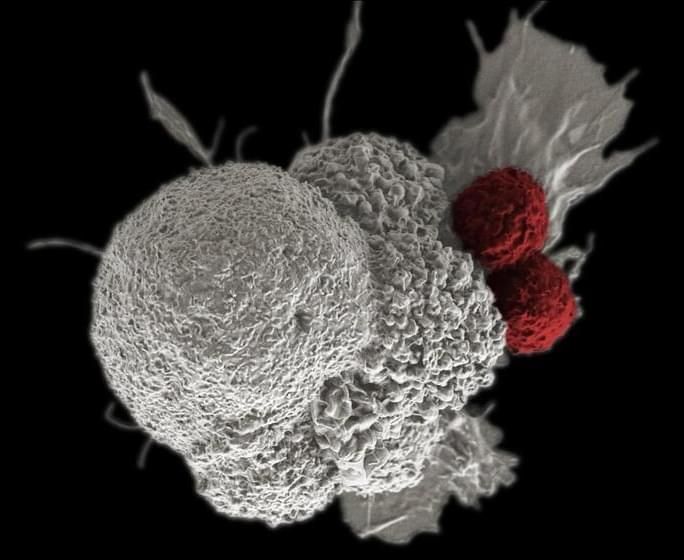In a new study, scientists from Arizona State University and their collaborators studied genetic changes in a naturally isolated population of Daphnia pulex, a species of water flea. This tiny crustacean, nearly invisible to the naked eye, plays a vital role in freshwater ecosystems and provides a valuable insight into natural selection and evolution.
Their findings, recently published in the journal Proceedings of the National Academy of Sciences (PNAS), rely on a decade of research. Using advanced genomic techniques, the research team analyzed DNA samples from nearly 1,000 Daphnia.
They discovered that the strength of natural selection on individual genes varies significantly from year to year, maintaining variation and potentially enhancing the ability to adapt to future changing environmental conditions by providing raw material for natural selection to act on.






